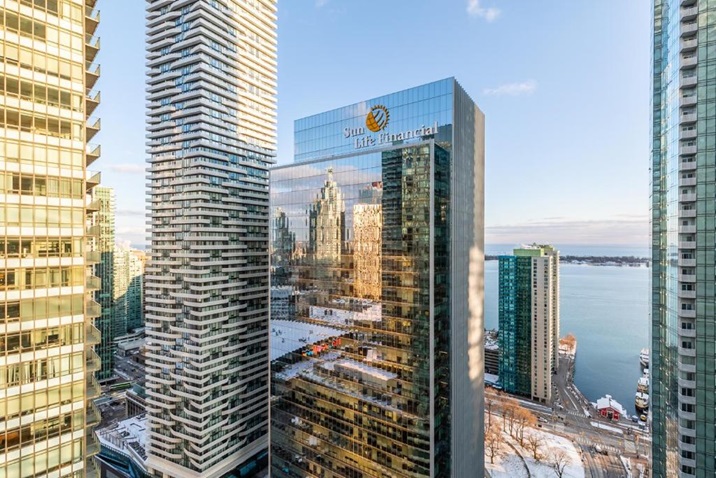Canada has extended a contentious ban on foreign home buyers until the end of 2026, aiming to address concerns about housing affordability and foreign investment in the country’s real estate market. The ban, which took effect in January last year, prohibits non-citizens from purchasing residential property in most urban areas, with exceptions for rural and recreational regions, students, refugees, permanent residents, spouses of Canadian citizens, and some temporary workers.
Chrystia Freeland, Canada’s deputy prime minister and minister of finance, emphasized the impact of foreign investment on housing affordability, particularly in major urban centers. She stated, “For years, foreign money has been coming into Canada to buy up residential real estate, increasing housing affordability concerns in cities across the country.”
However, the ban has faced criticism from the real estate industry. Janice Myers, CEO of the Canadian Real Estate Association (CREA), questioned the effectiveness of the extension, citing a lack of evidence supporting its impact on housing affordability. She urged the government to consider exemptions for pre-construction financing, defining and exempting recreational property, including Canada-United States-Mexico Agreement (CUSMA) exemptions, and involving provinces in tailoring the ban to their housing market needs.
Don Kottick, president and CEO of Sotheby’s International Realty Canada, echoed these concerns, arguing that the ban would have little to no impact on housing affordability and prices. He emphasized the importance of attracting and retaining skilled individuals and capital to Canada.
Maureen O’Neill, manager of Sotheby’s International Realty Canada in Toronto, highlighted the impact of the ban on luxury home sales, noting that it has affected sellers relying on global buyers. She described the ban as an additional burden on selling high-end properties.
The ban’s impact is not limited to federal measures. Toronto’s mayor recently endorsed a 10% tax on foreign home buyers in the city, while the province of Ontario already imposes a 25% “non-resident speculation tax” on foreign buyers. Despite limited data on non-resident buyers, reports indicate a decline in foreign involvement in housing markets, with British Columbia and Ontario experiencing decreases in foreign transactions since implementing taxes on non-resident purchases.
The extension of the ban and the proposed tax in Toronto reflect ongoing efforts to regulate foreign investment in Canada’s housing market amid concerns about affordability and market stability. Critics argue that such measures may not effectively address the underlying issues and could deter valuable investment and talent from entering the country.
(Source: CBC | Economic Times | Canada.ca)









